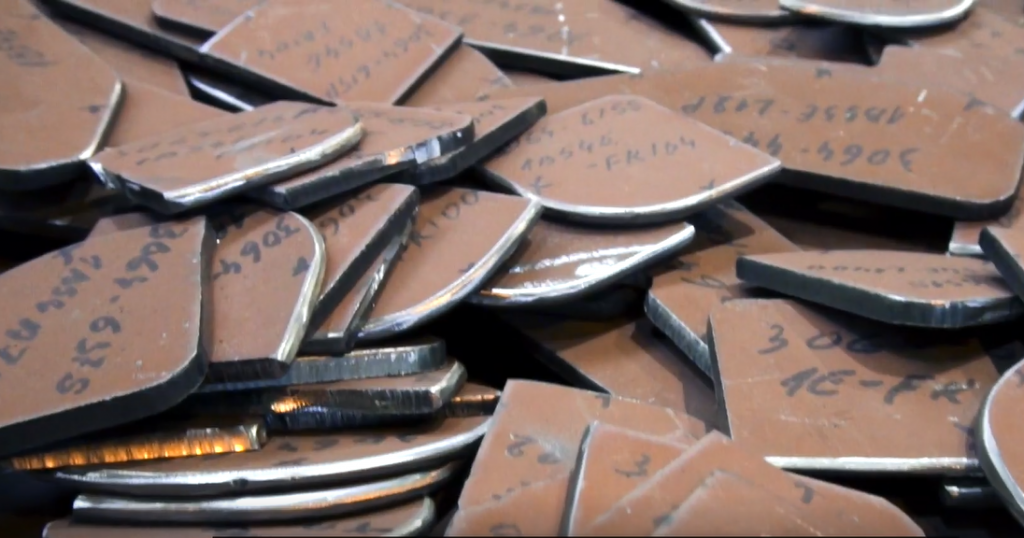Nowadays, hazardous substances such as volatile organic compounds (VOCs) are still being used and released in steel plate priming processes. These releases might have severe negative impacts on the environment. VOCs contribute to the formation of ground-level ozone and, in combination with particulate matter, form smog. Ground-level ozone and smog have adverse effects on human health (respiratory system, cancer) and the environment (plant growth, fitness of organisms).

From the ohter side, there are strict quality requirements with regard to the metal surfaces, depending on the purpose od use. In the current case most of the metal sheets are further used in ship building and repair. The coating of primer must be “compatible” with chemical products (e.g. dyes), which will be further used to cover metal surface by clients.
Vakaru Metalgama operates a few metal-processing lines, among them a line for cleaning and priming of metal sheets and profiles. The cleaned surface is covered with a so-called inter-operational primer (two component zinc ethyl silicate primer, solvent-based). Nearly 80% of VOC emissions originate from this line. The company wanted to substitute the primer and thinner containing these VOCs in order to not exceed ELVs and to comply with IED requirements.